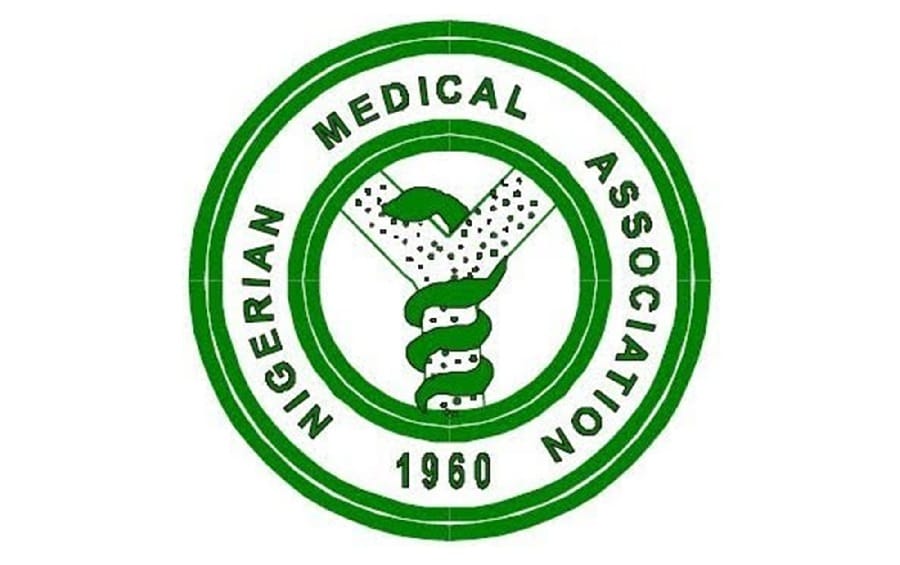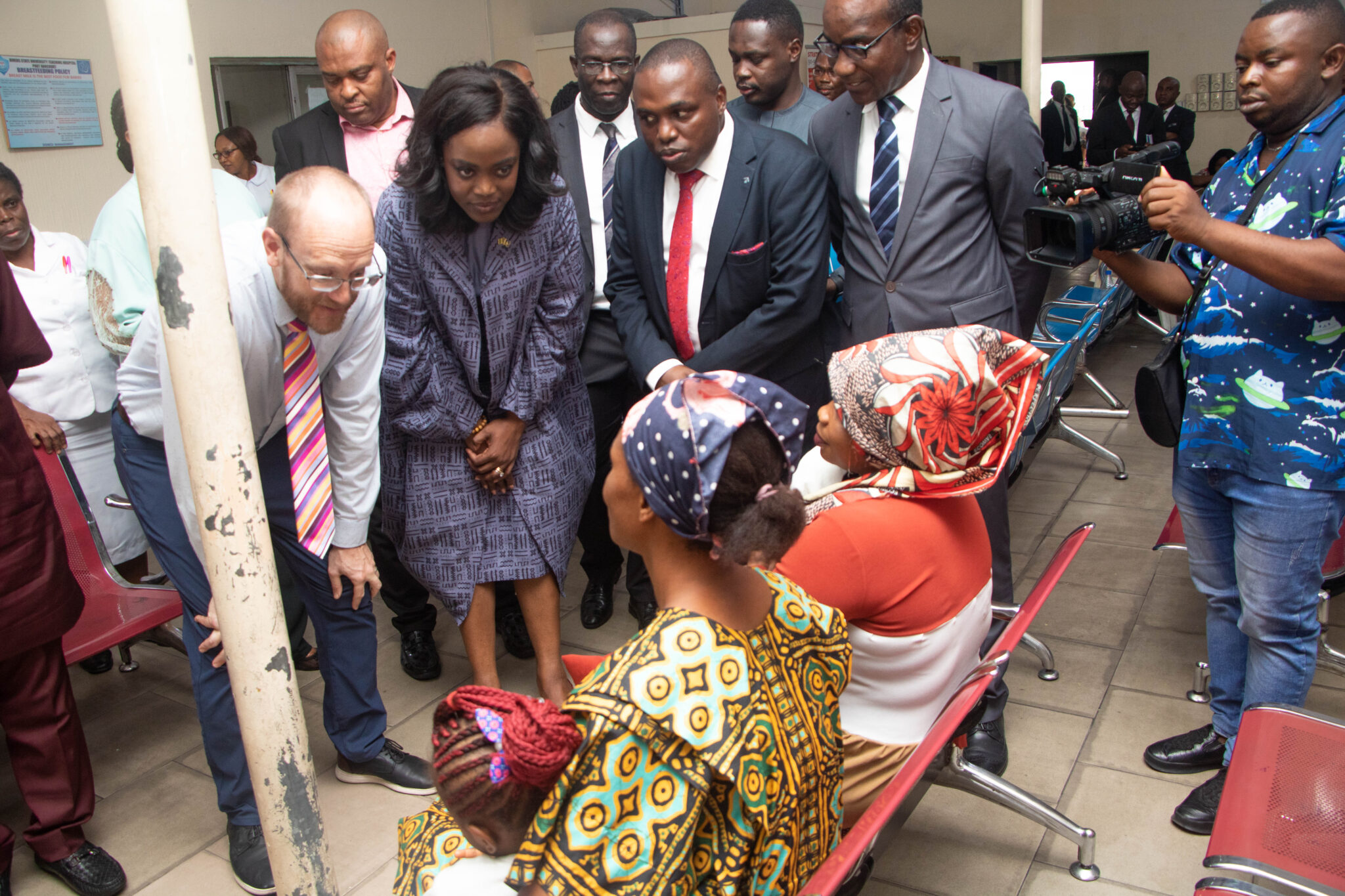By Peter Samuel
The establishment of the Clinical Trial Unit (CTU), Institute of Medical Research at Alex Ekwueme Federal University Teaching Hospital Abakaliki, AEFUTHA, Ebonyi State of Nigeria, has been described as a round peg in a round hole, towards the production of a vaccine for the treatment of Lassa fever within the African Continent.
This virus is known to be endemic in West African countries like Guinea, Liberia, Sierra Leone , and Nigeria. It has over the years posed a serious health issue for the citizens of Ebonyi State, especially those living in the hinterland, across the 13 local government areas of the state.
The death toll during its peak season can be so alarming as health workers, especially those working at AEFUTHA, have also fallen victim to its ravaging symptomatic capacity and influence.
Lassa fever, also known as Lassa hemorrhagic fever, is a type of viral hemorrhagic fever caused by the Lassa virus. Many of those infected by the virus do not develop symptoms. When symptoms occur, they typically include fever, weakness, headaches, vomiting, and muscle pain.
Lassa fever is caused by the Lassa virus, which is spread to humans primarily through contact with the urine and feces of infected multimammate rats (Mastomys natalensis). Humans can also get the virus through direct contact with an infected person’s bodily fluids, such as blood, saliva, or urine.
The virus can be transmitted through direct contact with the urine, feces, or saliva of an infected rat, touching objects contaminated with rodents’ excreta, eating food or drinking water that has been contaminated by the virus, inhaling airborne particles containing the virus from dried excreta, especially in health care settings where activities like sweeping can kick up contaminated dust.
Furthermore, direct contact with the blood, urine, saliva, throat secretions, or semen of an infected person can bring the infection into focus.
This can happen in community and health care settings, such as through contact with contaminated medical equipment.
The illness often begins with non-specific symptoms like fever, malaise, and general weakness. About 80% of infections are mild or asymptomatic, but severe cases can lead to fatal hemorrhagic fever.
The mortality rate for all cases (mild and severe) is 1% (1 out of 10 people who have Lassa fever will die from it). For people who need to be hospitalized, the mortality rate is around 15%. During outbreaks, this can be much higher. For pregnant women, the mortality rate is about 33% (or 1 in 3 women).
Lassa fever can be treated, but there is no specific cure for the virus as early treatment with the antiviral drug ribavirin can reduce the risk of death and is most effective when given as soon as symptoms appear.
Supportive care, including rehydration and management of symptoms, is also crucial but here is currently no vaccine to prevent Lassa fever. Bearing this in mind, AEFUTHA, together with its partners decided to establish the Clinical Trial Unit (CTU), Institute of Medical Research, for the development of a vaccine for the treatment and cure of Lassa fever.
The Chief Medical Director (CMD) of Alex Ekwueme Federal University Teaching Hospital, Abakaliki (AEFUTHA), Prof. Robinson Chukwudi Onoh, emphasised the urgent need for a vaccine against Lassa fever to protect healthcare workers and the general population in Ebonyi State, Nigeria, and across sub-Saharan Africa.
Prof. Onoh, who lamented that the hospital had lost 17 healthcare workers to Lassa fever over the years, said the establishment of the Clinical Trial Unit (CTU), Institute of Medical Research, AEFUTHA, was a strategic step towards developing vaccines to combat Lassa fever and other infectious diseases.
He made this known in his office while receiving a delegation of development partners collaborating with AEFUTHA on vaccine production and health research initiatives.
The visiting partners included the Coalition for Epidemic Preparedness and Innovation (CEPI), Nigeria Centre for Disease Control and Prevention (NCDC), International Vaccine Institute (IVI), MMARCRO (Quality Assurance), EPICENTRE (the research arm of Médecins Sans Frontières), and BNITA (Laboratory Management).
According to the CMD, the visit marked a significant milestone for the hospital and the health sector in Ebonyi State.
“Today, for us, is a great day. We are happy you are all here. The hospital is a massive institution. This arm used to be for the treatment of wounded soldiers during the Second World War, and over time, it grew into a teaching hospital until it became what it is today,” he said.
Prof. Onoh highlighted AEFUTHA’s progress in specialised medicine, noting that the hospital had become a Centre of Excellence for In Vitro Fertilisation (IVF) after recording its first set of triplets through assisted reproduction.
“We are a teaching hospital serving the university and the general public. We do sub-specialisation. One great thing we have done is the IVF. It wasn’t easy to do, but we achieved it. This hospital is now a Centre of Excellence for IVF,” he added.
Reflecting on the toll of Lassa fever, the CMD said, “This hospital has lost 17 caregivers who were active, including a cleaner and an assistant surgeon. Despite all the antimalarial and antibiotic treatments, they still died. Lassa has dealt us a big blow here. We thought we had mastered the treatment until last year when a nurse also died of the disease.”
He therefore called for stronger collaboration and partnership toward the development of a Lassa fever vaccine.
“We want the support of all our partners toward providing a vaccine for the Lassa fever disease. I also want to appreciate CEPI for the structure on ground. The CTU is fully equipped and has brought us to a level where we can work with any partner. Our Molecular Lab has also advanced significantly. We will do our part to ensure this partnership succeeds,” he affirmed.
In her remarks, the ENABLE 1.5 (CEPI) National Coordinator, Mrs. Elsie Ilori, commended AEFUTHA for its commitment and urged for intensified sensitisation on the prevention and control of Lassa fever.
“We are proud of you. I want to thank the partners for their support. Apart from research, we want to build capacity. We need to be careful. We don’t want to lose anyone. We must do more sensitisation as we go into the peak season,” she said.
Other representatives of the partner organisations expressed appreciation to AEFUTHA for its dedication to the establishment of the Clinical Trial Unit and the progress recorded so far.
After the meeting, the partners, AEFUTHA management, and journalists embarked on a tour of the newly built Institute of Medical Research, which is now over 90 percent completed.
At the site, Prof. Onoh expressed delight over the progress and reaffirmed that the institute would play a key role in curbing the spread of Lassa fever in the state. He noted that the purpose of the tour was for the partners to assess the impact of their investments and verify the readiness of the facility.
In an interactive session with journalists, the Head of ENABLE Lassa Research Programme of CEPI, Dr. Henshaw Mandi, commended AEFUTHA for ensuring the timely completion of the project.
“The Institute will address some key knowledge gaps for the development of a Lassa fever vaccine,” he said, adding that “To run such a major study like clinical trials, you need strong infrastructure and this is one critical part of that promise. CEPI, through global health investments, is providing resources to develop vaccines, and Lassa fever is one of the diseases we intend to tackle squarely.”

Dr. Mandi added that similar efforts were ongoing in Bauchi State , Nigeria, and other parts of West Africa, describing AEFUTHA’s infrastructure as one of the best under the CEPI programme.
“I am very impressed and I think you can see it from everyone’s faces, not only with the quality of the work but also with the timeliness, readiness, and eagerness of AEFUTHA to ensure that we have the right infrastructure.
“This is part of the process to ensure Lassa fever stops taking away our health workers and citizens,” he concluded.
On the anticipated period for the commencement of the Unit, Dr. Ben Azuogu gave the second week of December, 2025, as the due date.
“We are looking at second week in December, 2025, for the Clinical Trial Unit, CTU, to become fully operational. When the solar system, generators and other machines would have been activated and all the supplies available.”
According to him, “the Clinical Trial Unit, (CTU), Institute of Medical Research will be manned by our staff of AEFUTHA.
“We already have professionals, specialists and other health personnel in all the various departments, who will be pulled from the clinical and non-clinical departments in the hospital to aid the functionality of the unit.
“Typical example is myself as the Director of Research. I am a Professor and a Community Physician. I was drafted for this programme from my department. We equally have a lot of people that are drafted from their departments to the CTU.”
Lassa fever has ravaged Ebonyi State through repeated seasonal outbreaks, a high case fatality rate, and its disproportionate impact on the state, which is a hotspot for the disease in Nigeria.
Factors contributing to this devastation include challenges in early diagnosis (misdiagnosis as malaria), socioeconomic conditions and cultural beliefs hindering healthcare access, and a lack of testing capacity in some facilities.
Local practices, like the processing of infected rats and poor hygiene, also facilitate its spread, making Lassa fever a persistent and severe public health threat for the state.
Specific recent figures for Lassa fever deaths in Ebonyi are not consistently available in public reports, which instead provide national and state-level statistics.
However, it’s known that Ebonyi is among the states with the highest number of confirmed cases in Nigeria, and a 2024 study of a 5-year period (2018–2022) in Ebonyi showed 300 laboratory-confirmed cases. National data indicates that among the top states with confirmed cases, Ebonyi contributed 3% in week 23 of 2025.
The menace of Lassa fever will soon be a thing of the past in Ebonyi State, Nigeria and sub-Saharan Africa, as soon as the Clinical Trial Unit, Institute of Medical Research, AEFUTHA, becomes operational in the months ahead.




